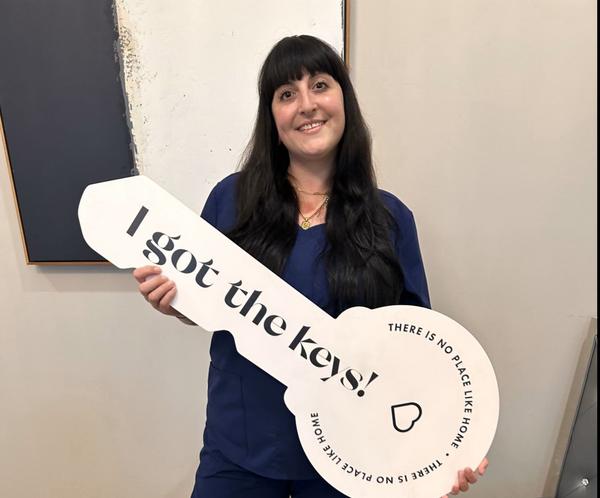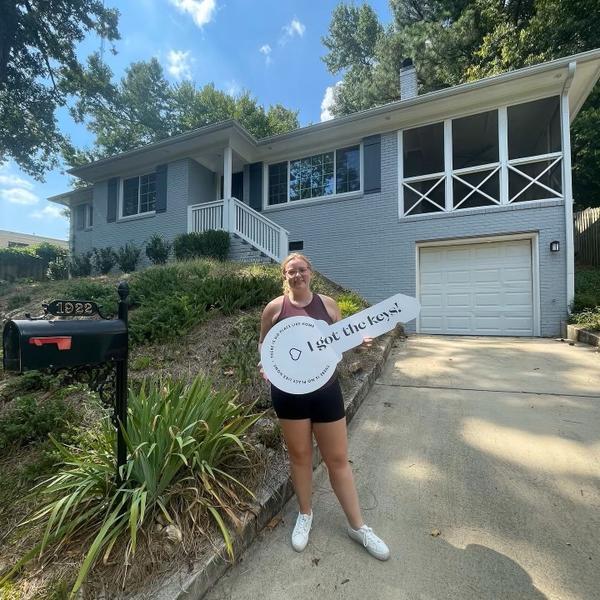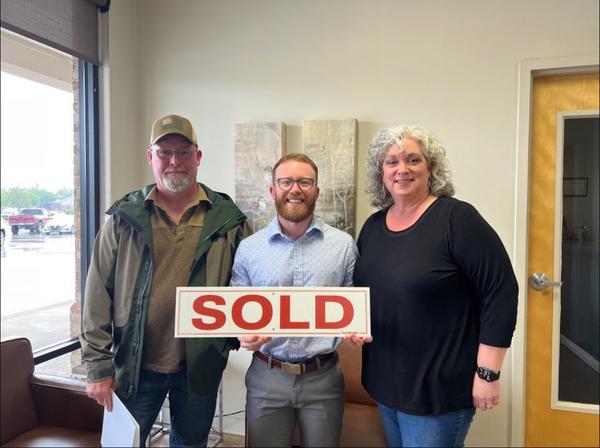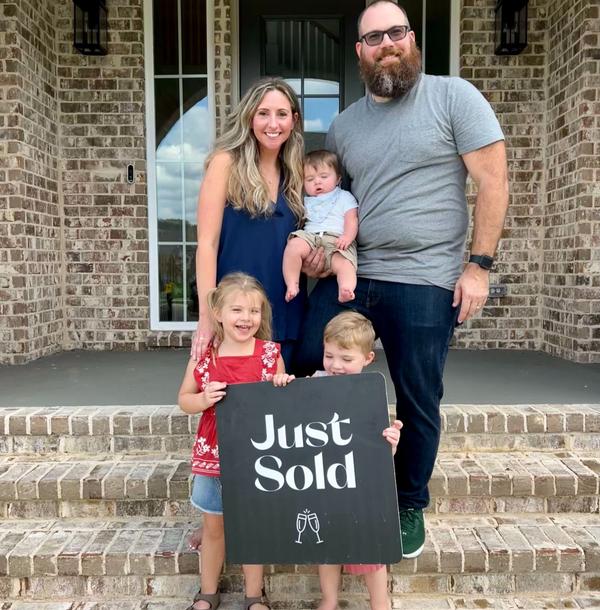Common Question Buyer's Have about the home Buying Process
How Does Commission Work in the Home Buying and Selling Process?
Here are answers to some frequently asked questions (FAQs) about buying a home:
1. What is a real estate agent, and should I hire one?
A real estate agent helps you navigate the home-buying process, including finding homes, negotiating offers, and handling paperwork. Hiring an agent is beneficial as they provide market insights, guide you through legal and financial aspects, and help with negotiations throughout the process. You don’t want to hire just any agent, however. You want to hire someone experienced in the type of real estate you are purchasing.
2. What is the first step in the home-buying process?
After partnering with an experienced Buyer Agent (your real estate agent), the next step is to get pre-approved for a mortgage. This will give you an idea of how much you can afford, and it shows sellers that you're a serious buyer. Pre-approval involves submitting your financial information to a lender, who will then assess your ability to borrow and provide a loan estimate.
3. How much do I need for a down payment?
The standard down payment can range from 5 - 20%, but many loan programs allow for lower down payments, such as 3% for conventional loans or even 0% for VA or USDA loans. The higher the down payment, the less you need to borrow, which can lead to lower monthly payments and better loan terms.
4. What are closing costs, and how much should I budget for them?
Closing costs include fees related to the home purchase, such as title insurance, appraisal fees, and attorney fees. These typically range from 2% to 5% of the home's purchase price. Be sure to budget for these in addition to your down payment. It may be possible to roll them into your loan if the home is likely to appraise and in some cases a buyer can negotiate with the seller to pay them on their behalf.
5. How do I choose the right neighborhood?
Consider factors such as proximity to work, schools, safety, and community amenities. It's a good idea to visit the neighborhood at different times of the day and week to get a feel for traffic and noise levels.
6. What is a mortgage, and how does it work?
A mortgage is a loan used to buy a home. You borrow money from a lender to pay for the home and repay the loan, plus interest, over a set period (usually 15 to 30 years). The home itself acts as collateral, meaning if you fail to make payments, the lender can foreclose on the property.
7. What is an interest rate, and how does it affect my mortgage?
The interest rate is the percentage of the loan amount that the lender charges you to borrow money. It affects your monthly payments and the total cost of the loan. A lower interest rate means lower monthly payments and less paid in interest over the life of the loan.
8. What is private mortgage insurance (PMI)?
PMI is typically required if your down payment is less than 20%. It protects the lender in case you default on the loan. Once you build up 20% equity in the home, you can request to have PMI removed from your monthly payments.
9. How long does it take to buy a home?
The process can take anywhere from a few weeks to several months, depending on market conditions, how quickly you find a home, and the closing process. A typical home purchase might take 30 to 60 days from offer acceptance to closing.
10. What should I look for when touring homes?
Pay attention to the condition of the home’s structure, roof, water issues, and foundation. Check the plumbing, electrical systems, and heating/cooling units. Also, consider the layout, lighting, and any renovations or repairs that may be needed.
11. How do I make an offer on a home?
Your real estate agent will help you submit an offer based on factors like comparable home prices, market conditions, and the condition of the home. The offer includes the purchase price, any contingencies, and the desired closing date. The seller can accept, reject, or counter your offer.
12. What happens during a home inspection?
A home inspection is a thorough evaluation of the property's condition by a professional inspector. They check the structure, foundation, roof, electrical, and plumbing systems. If issues are found, you can negotiate repairs or a price reduction with the seller or if the contingency is built into your offer, you may be able to walk away from the purchse.
13. What is escrow?
Escrow is a neutral third party that holds funds and documents related to the home sale until all conditions of the sale are met. Once everything is in order, the escrow company will distribute the funds to the seller and transfer ownership to the buyer.
14. What is a contingency in a home purchase?
Contingencies are conditions that must be met before the sale can proceed. Common contingencies include financing approval, home inspections, and appraisals. If a contingency is not met, the buyer can usually walk away without losing their deposit.
15. What happens at closing?
Closing is the final step in the home-buying process. You’ll sign all necessary paperwork, pay your closing costs, and finalize your mortgage. Once the seller receives their funds, you’ll receive the keys to your new home.
16. What are property taxes, and how do they affect my mortgage?
Property taxes are taxes paid to local governments based on the value of your home. Most mortgage lenders require you to pay property taxes as part of your monthly mortgage payment, which is held in escrow and paid on your behalf when due.
17. Can I buy a home with bad credit?
Yes, but it may be more challenging. You may need a larger down payment, and you might face higher interest rates. Some loan programs, like FHA loans, are designed to help people with lower credit scores.
18. Should I get a fixed-rate or adjustable-rate mortgage?
A fixed-rate mortgage has the same interest rate for the life of the loan, while an adjustable-rate mortgage (ARM) has a rate that changes periodically. A fixed-rate mortgage offers stability, while an ARM can start with lower payments but carries the risk of higher rates in the future.





